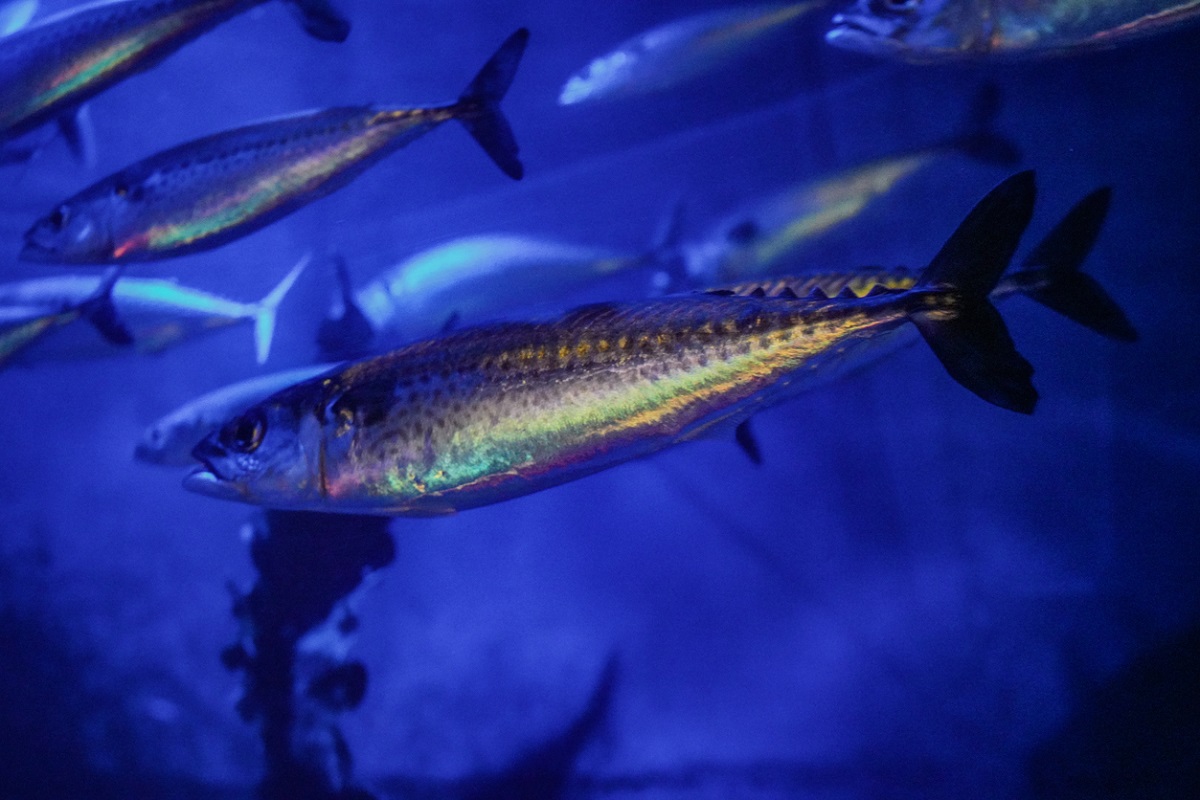
Gene Knockout Produces “Gentle” Mackerel
March 22, 2023| |
A group of scientists from Japan are attempting to develop a chub mackerel variety with reduced aggression through a combination method of systematic egg collection and genome editing. Breeding mackerel that is more docile can improve the domestication and production efficiency of the fish.
The collection of fertilized fish eggs immediately after fertilization is critical to the successful genome editing of the fish. Hence, the researchers carefully controlled the breeding environment of the mackerel during the spawning process. They injected gonadotropin-releasing hormones into the back muscles of female fish to promote oocyte maturation. The mackerels are left in the spawning tank for 34 to 36 hours. The spawning process ends when the researchers raise the water temperature to 23 degrees Celsius. As for the genome editing reagent, the mackerel's arginine vasotocin receptor V1a2 strain was knocked out. The reagent was microinjected into the fertilized mackerel eggs after the spawning process.
Results of the study showed that knocking out the V1a2 strain reduced the mackerel's cannibalistic behavior by 46% during the fry stage. It also reduced the frequency of the fish's collisions against the wall and oxygen consumption. The less aggressive behavior of fish is beneficial for domestication and production. Scientists intend to find out if this will increase the fish's chances of survival.
More details can be found in Nature.
| |
You might also like:
- Scientists Use TALENs to Edit Tuna
- Gene Editing Can Help Preserve Aquatic Gene Heritage -Experts
- Whole Genome Sequencing Provides Astonishing Details About the Greenland Halibut
Biotech Updates is a weekly newsletter of ISAAA, a not-for-profit organization. It is distributed for free to over 22,000 subscribers worldwide to inform them about the key developments in biosciences, especially in biotechnology. Your support will help us in our mission to feed the world with knowledge. You can help by donating as little as $10.
-
See more articles:
-
Gene Editing Supplement (March 22, 2023)
-
Research and Tools
- Startup Develops Better-tasting Yellow Peas Using CRISPR
- Gene Editing Technology to Fight Corn Disease
- Growing Crops on Mars Possible With Gene Editing
- Improved Editing through CRISPR-targeted Transposable Element Insertion
- Scientists Disable Protective Gene In Mosquitoes Using CRISPR-Cas9
- Gene Knockout Produces “Gentle” Mackerel
-
Read the latest: - Biotech Updates (January 21, 2026)
- Gene Editing Supplement (January 28, 2026)
- Gene Drive Supplement (February 22, 2023)
-
Subscribe to BU: - Share
- Tweet

